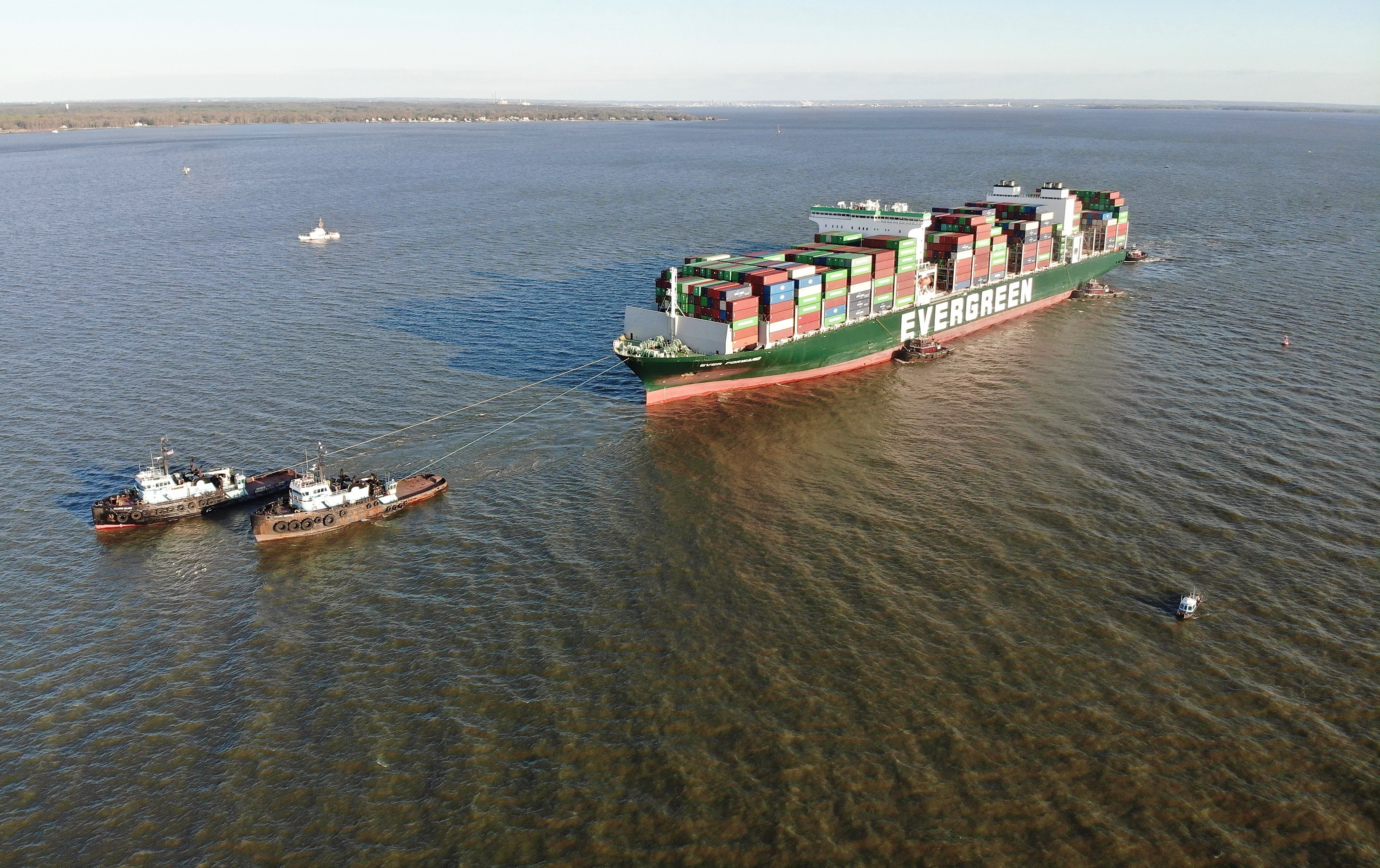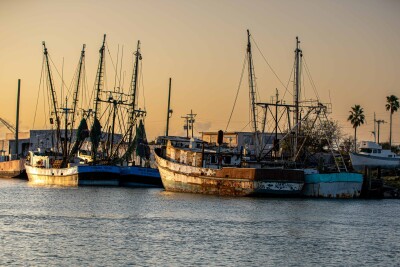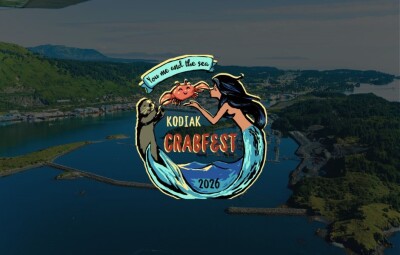Owners of the container ship Ever Forward will pay $676,200 toward reseeding and enhancing a Chesapeake Bay oyster bar where the 1,095’ vessel ran aground March 13, 2022.
The Evergreen Marine Corp. vessel was heading south from Baltimore to Norfolk, Va. when it ran aground outside the Craighill Channel near lighted buoy 16 around 8:20 p.m.
In its report on the accident, the Coast Guard found that the Maryland state pilot guiding the Ever Forward was distracted by his cell phone use hours before the grounding. The report also faulted the Ever Forward bridge crew; investigators summarized “the incident’s causal factors to be the pilot’s failure to maintain situational awareness and attention while navigating, and inadequate bridge resource management.”
The grounding led to an extended drama with the ship stranded for more than a month, as a unified command of the Coast Guard, Maryland Department of the Environment, and Evergreen organized a massive salvage plan to free the ship. Dredging, cargo lightering, and complex towing plans all had to be used before the Ever Forward finally floated free on April 17.
On Jan. 4 The Maryland Board of Public Works in Annapolis approved a wetlands license that requires the Ever Forward owners to pay for seeding of oyster bars as mitigation for the effects of that vessel’s grounding on aquatic habitat.
“The seeding of oyster bars will contribute to an improved aquatic habitat and provide long-term water quality benefits,” said Suzanne Dorsey, Maryland’s acting secretary of the environment. “From the time that the Ever Forward was grounded to the refloating of the vessel to the issuance of this wetlands license and its special conditions, the Maryland Department of the Environment has been on the job to ensure that the Chesapeake Bay and its habitat for oysters and other aquatic life are protected.”
The $676,200 provides for the seeding and enhancement of oyster bars to mitigate the effects on aquatic habitat, including other areas outside of the immediate impact area.
State officials issued an emergency wetlands license to allow the weeks of dredging, bringing in barges to lighter the vessel’s containers and anchoring operations needed to free the ship.
In all the grounding and dredging impacted about 14 acres of Chesapeake Bay bottom, including 11.5 acres within the boundary of a natural oyster bar. The Maryland Department of Natural Resources issued a report with the results of a survey regarding the potential impacts to the natural oyster bar and aquatic habitat.
“The board’s action ratified the emergency license, with modification, by requiring Evergreen Marine Corp. to mitigate the impacts from the dredging operations. Evergreen Marine Corp. will make payment to DNR for that agency’s enhancement and reseeding of 41 acres of oyster bars to satisfy the mitigation requirement,” according to a summary from the Maryland Department of the Environment. “Because the impacts occurred within Anne Arundel County, DNR will consider locations within that county as a priority.”







